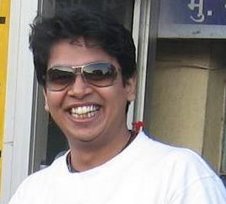A really informative article on Knowledge@WhartonIndia about the viability and market potential of Amazon Kindle’s entry into Indian Market caught my eye.
Post the launch of Kindle DX, which was much fanfare, it hasn’t gained much a momentum. Indian market doesn’t seem to have given an open arm to this new ebook Reader on the shelf.
"There is no plan to advertise the Kindle," says Laura Porco, director of Kindle Books, who was in Mumbai last month for the launch. "We will rely on word-of-mouth publicity."
But who is going to create a word of mouth. Indians are pretty stiff about talking good about something. On top of that, connectivity in India (on the fly) is not much to support Amazon’s vision of “download any book in 60 seconds”.
At a price of $350 it is really difficult for an Indian consumer (the regular 9-to-5) to imaging buying a tablet that only reads books and newspaper. The same price brings her a laptop, with many more features. At the same time, the biggest enabler to Kindle is connectivity, which will take much more time to make it possible for the “60 second download”.
For the full article jump here
| Share this post : |

